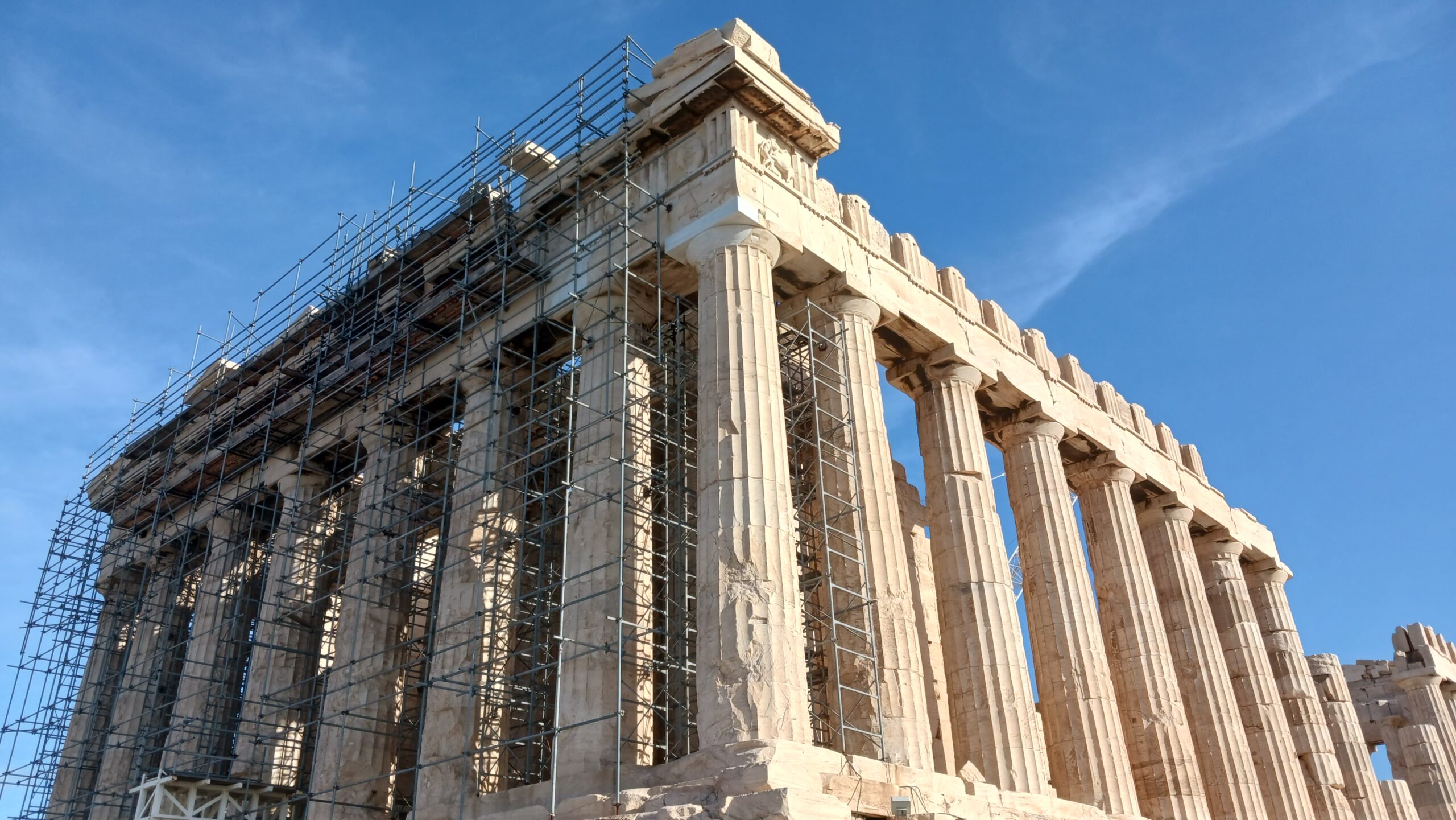
22 Jan Filming archaeological locations in Greece
Posted at 12:22h
in Filming Greece News
Filming archaeological locations in Greece
Here are some general guidelines to help you navigate the process:
Preparation
- Hire for sure a Greek Fixer or a Production Company
- Collaborate with archaeologists or historians familiar with the site. They can provide valuable insights, context, and guidance on the best ways to capture the essence of the location without causing any damage.
- Treat the archaeological site with the utmost respect. Follow designated pathways and avoid touching any artifacts or structures. Be mindful of the fragility of the site and adhere to conservation guidelines.
- Thoroughly research the archaeological site you plan to visit. Learn about its historical significance and any specific regulations regarding filming.
- Be ready to present to authorities with a Deck in PDF with your script ,your target audience , wich is your science consultant
- Prepare a story board with the specific scenes/locations/Sculpts etc.The given permissions is not for generic scenes.
- Counting the air time that you will use (for estimated cost)
- The Archaiogical Authorites will ask for original copy from air.
Time of Filming
- Plan your filming during times that are least disruptive to the site and other visitors. Avoid peak hours if possible, and be considerate of ongoing archaeological work or maintenance activities.
- Choose filming equipment that is lightweight and non-intrusive. Avoid the use tripods or other equipment that could potentially damage the site. Drones may be subject to specific regulations of Hellenic Civil Autority , so be sure to check and obtain the necessary permits with a Greek Drone Operator
- Whenever possible, use natural lighting to showcase the archaeological features of the site. Artificial lighting can be harsh and may impact the overall experience for visitors
- Familiarize yourself with both Greek laws related to cultural heritage and archaeological sites. This includes respecting intellectual property rights and obtaining any additional clearances
- Remember that every archaeological site may have its own unique guidelines and regulations, so it’s essential to communicate and collaborate with local authorities throughout the process.

